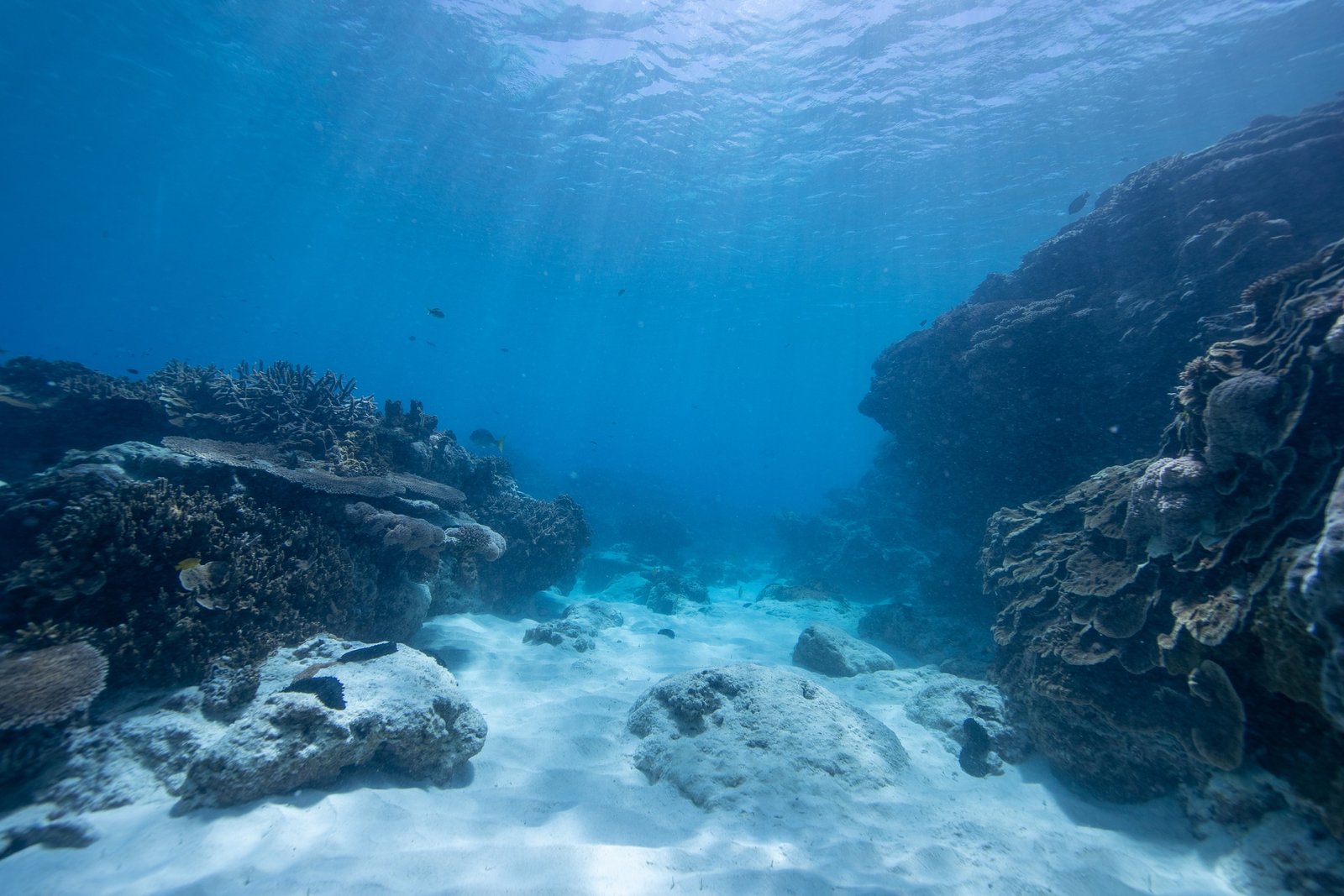smallstimulate awareness of the importance of the Ocean in new generations of students: with this aim, as appropriate of going back to school and the start of the new school year, Intergovernmental Oceanographic Commission of UNESCO (IOC). he repeated his request introduction of Ocean Literacy (Ocean Education) in school curricula around the world as part of Education for Sustainable Development
Sea and ocean health is fundamental to human survival. This is why UNESCO started the program “Ocean Literacy With All”, which aims to raise awareness about what can be done to protect the health of the ocean and the role of the ocean for the planet. Objective of the Director-General of UNESCO Audrey Azoulay is to get Ocean Literacy from 2025 on school desks in all 194 Member States. An ambitious goal, but not impossible.
To support this process, the ILO/UNESCO launched in 2022 “A New Blue Curriculum: Toolkit for Policy Makers”a document designed to provide policy makers and education authorities with tools, research, case studies and methodologies to incorporate into school curricula Ocean Literacy. The goal of the toolbox is to introduce the “Blue Curriculum”a 360 degree education and awareness program connected to the Ocean.
The foundation of this program is strong connection between Objective 14 (Life under water) of the 2030 Agenda for Sustainable Development and objective 4 (Quality education), or that of provision aeducation quality, fair and inclusive for all.
But not only that: education can represent the key to achieving, one at a time, all the 2030 sustainability goals
Ocean Literacy aims to develop knowledge and understanding of the mutual influence between society and the ocean by improving information and data related to marine science.
“Thanks to Ocean Literacy we can not only educate a new generation of scholars and professionals from a scientific point of view, but also, more generally, contribute to the development of active citizen participation and greater knowledge of human-ocean interactions,” he explained. Francesca SantoroIOC/UNESCO Senior Program Officer and global director of the Ocean Literacy programme.

Cultures
A new threat to the oceans: deep-sea rare metal mining
The Blue Curriculum actually represents an opportunity to strengthen cross-cutting issues such as digital literacy, transforming educational spaces, supporting diversity and inclusion in schools, and promoting science, technology, STEM subjects and ” artistic education”.
“To date, according to the United Nations data, we have only roughly mapped 25% of the ocean floor: This risks jeopardizing both the sustainability and equity of the oceans. A global effort to promote Ocean Literacy is needed more than ever: international exchange and cooperation on these issues will also be vital to addressing the environmental challenges of the future. “Key in recent months has been the contribution of Peter Thomson, United Nations Special Envoy for the Ocean, who has brought the ocean to the forefront of United Nations activities and to the center of the international agenda,” Santoro continued.
As part of the Ocean Literacy program, The ILO/UNESCO is also committed to promoting the European Blue Schools network, a European Commission initiative that aims to involve schools, teachers, male and female students in Ocean Literacy programs through the development of educational projects and the inclusion of marine themes in the school curriculum. By joining the European network of Blue Schools, teachers and educators can become ambassadors for Ocean Education, creating greater awareness among young people as key agents of change for a more sustainable ocean.

